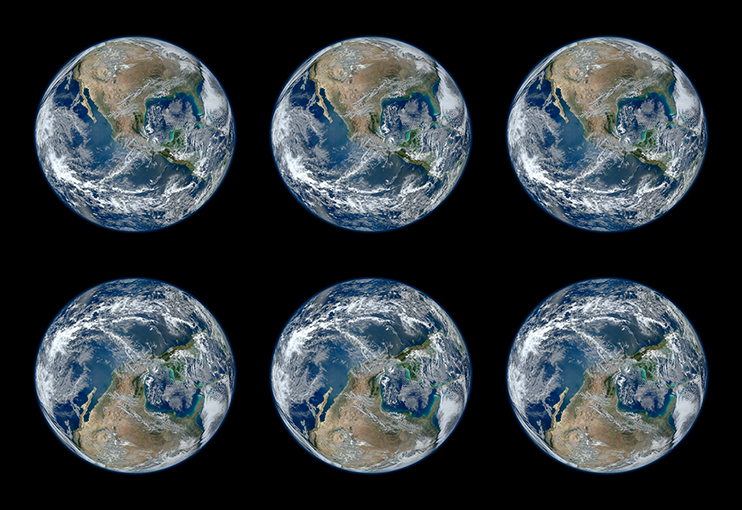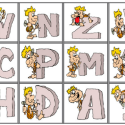The poet Muriel Rukeyser told us, “The world is made of stories, not of atoms.” Of course there is some kind of world made of atoms out there, but it’s not my world. I don’t see through atomic microscope eyes. I don’t see with utterly detached scientific objectivity. No, I’m a person, just like you, awash in the world—a world made of stories.

Too often, we seem to forget this. We seem to wish we were more mechanical. We talk about our minds as if they were computers—some even dream of a technological singularity that will obsolesce our very bodies. But this theoscientific point of view misses a whole swath of the universe: the lifeworld. Philosopher Roger Scruton presents beautifully the duality of the scientific perspective of the universe and that of the lifeworld: Whereas the scientific perspective hears sounds, the lifeworld hears music.
I’ve been thinking about worlds a lot recently. I wrote a piece on Medium about how we create lifeworlds to inhabit simply by being human—I describe in particular the ultrarunning world. And recently I saw the film adaptation of the eponymous literary masterwork The Little Prince, in which we travel from world to world. We don’t literally travel from world to world, but rather we come to inhabit others’ lifeworlds—represented in the book and the film as tiny planets.
One of the pleasures of the lifeworld is that we share it, with innumerable beings—common things like scissors and tomatoes (as oded by Pablo Neruda), and of course other people. Besides this automatic, passive sharing, we can welcome others to participate in our lifeworld by opening them up to it. We do this through communication.
One way to communicate is through the written word, a very powerful way to share lifeworlds. We tend to assume that writing merely represents—for instance, the word “tree” represents the thing in real life that we call a tree. Certainly writing does this, and some writing—above all technical writing—relies on it.
If writing could only represent, it would go nowhere in trying to create a bridge between lifeworlds. But we know writing can do more—we’ve all gotten lost in a novel, for instance, taken over by the characters’ lifeworlds. Writing evokes the lifeworld in this way not by representing, but by presenting. It’s not the words themselves, which only represent; rather, it’s somewhere between and among them where the presentation unfolds. This is what your English teacher meant when they told you, “Show, don’t tell.” It’s why a summary of a novel does no justice to the experience of reading the novel. It’s why thoughtlessly adapting a novel to a different medium can be disruptive. That’s what it means to word a world.
 Follow
Follow

